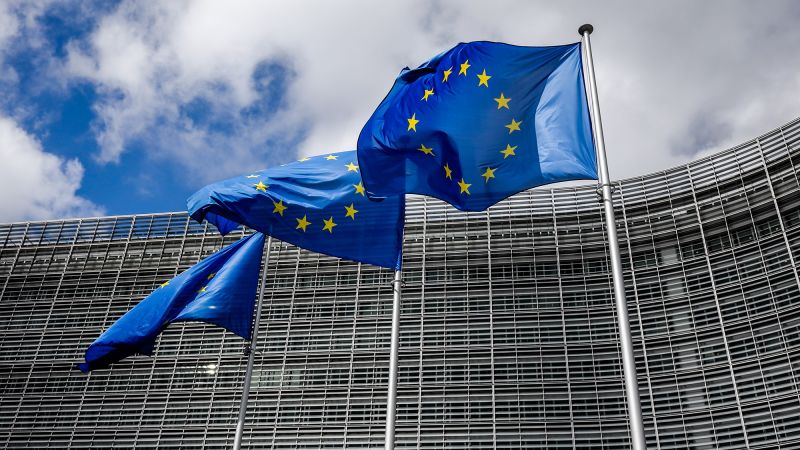The European Union recently raided the offices of a Chinese company as part of an investigation into potential subsidies, revealing growing tensions between the EU and one of its major trading partners. The European Commission conducted unannounced inspections at the premises of a company selling security equipment in Europe suspected of receiving undue state subsidies. The China Chamber of Commerce to the EU expressed dissatisfaction about the raids carried out in Poland and the Netherlands without prior notice or evidence, accusing the EU of using the Foreign Subsidies Regulation to suppress Chinese companies in Europe. However, the European Commission defended the inspections as investigative steps based on indications of distortive foreign subsidies benefiting the company’s activities in the EU.
These raids, the first under the EU’s new powers against excessive foreign subsidies, have come at a time when the EU is also investigating China’s state support for wind turbine firms and companies bidding for a solar farm contract in Romania. The Foreign Subsidies Regulation, implemented last July, aims to address market distortions caused by foreign government subsidies and promote fair competition among EU companies. The inspections coincide with the G7’s efforts to tackle imports resulting from structural overproduction achieved through massive subsidies, highlighting concerns about oversupply of cheap Chinese goods in foreign markets and the risk posed to producers.
While the European Commission did not explicitly name China, there is mounting evidence of tensions between China and its major trading partners, including the EU, over the issue of oversupply of Chinese goods in global markets. The EU is engaging with G7 partners on the shared concern of overproduction leading to harmful effects on workers, industries, and economic resilience. China’s significant global trade surplus in goods, nearing $1 trillion, has raised alarm bells among foreign partners, with calls for reining in exports of certain goods like electric vehicles, solar panels, and batteries to protect jobs and businesses.
US Treasury Secretary Janet Yellen, during a recent visit to China, highlighted the risks posed by China’s overproduction of specific goods on the economies of the US and other countries, emphasizing the need to curb surging exports. G7 foreign ministers also expressed concerns about China’s non-market policies and practices causing harmful overcapacity that undermines their economies. While Beijing views exports as crucial for its economic revival, focusing on higher-value exports in strategically important industries, the EU and the US are wary of the impact of China’s overproduction on their economic interests and the need for fair competition.
The EU official stated that the issue of overproduction through subsidies would be discussed at the upcoming G7 leaders summit in Italy, indicating a coordinated approach among major economies to address the challenges posed by China’s trade practices. The ongoing investigations and inspections by the EU against potential subsidy violations reflect a broader concern about maintaining a level playing field in global trade and preventing distortions caused by excessive foreign subsidies. As tensions continue to escalate between China and its trading partners, the need for transparent and fair trade practices becomes increasingly vital for ensuring a sustainable and equitable global trading system.













